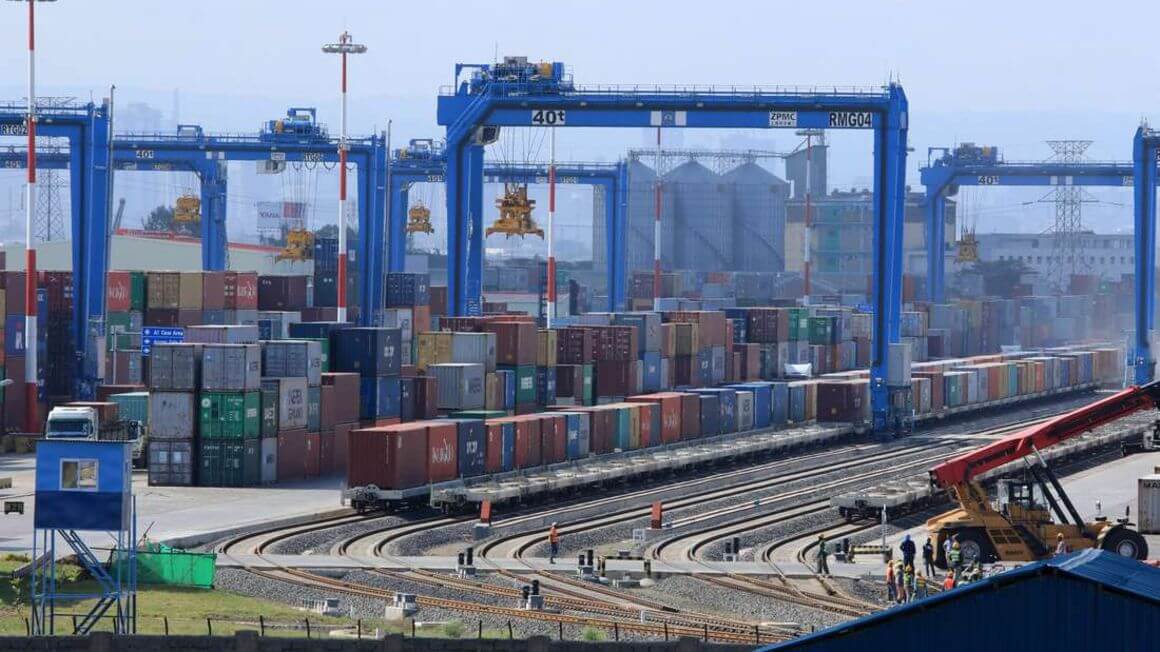
Our Projects are
Transforming African Trade
Quick Contacts
2nd Floor, Fidelity Insurance Centre Waiyaki Way, Westlands

Kenya’s trade deficit has fallen in the eight months to August, owing to a lower import bill amid continued recovery of exports as global trade reopens.
New data from the Central Bank of Kenya (CBK) show the gap between imports and exports dropped by 18.7 percent to Sh629.75 billion from Sh774.75 billion recorded in the same period last year.
In the period, export receipts improved by five percent to Sh423.34 billion compared to Sh403.21 billion last year.
On the other hand, imports were valued Sh1.05 trillion, a 10.6 percent drop from last year.
Exports in August were valued Sh54.16 billion up from Sh52 billion in July, while imports dropped slightly to Sh137.78 billion from Sh138.76 billion.
“Exports have rebounded quite well, particularly horticulture after the decline in April. This reflects normalisation of demand in international destination countries and adequate cargo space,” said CBK governor Patrick Njoroge last week.
The flower industry was particularly hit hard by the pandemic outbreak which saw cancellation of flights and lower demand experienced in the three months to May. This saw the growers throw away most cut stems, resulting in huge losses.
“The real dip was in March, April and May but the industry recovered in June when there was over-performance by Kenyan flowers because of supply shortages experienced by competitors,” said Dr Njoroge.
The CBK data showed that tea earnings in the eight month period rose by 17.1 percent to Sh92.18 billion on increased production compared to the corresponding period last year.
Raw material exports also increased by 8.8 percent Sh25.59 billion.
The CBK, however, stated that receipts from services exports remained subdued, declining by 22.4 percent in the period to August, reflecting weaknesses in international travel and transport.
Horticulture exports also fell, by 11.4 percent to Sh68.97 billion, due to the Covid-19 related disruption in the European markets in the second quarter of the year.
The CBK projects current account deficit to close at 5.1 percent of GDP this year, improved from 5.8 percent in 2019.
Read the original article
Disclaimer: The views and opinions expressed in this article are those of the authors and do not necessarily reflect the official policy or position of TradeMark Africa.